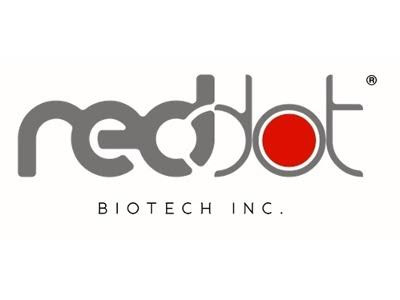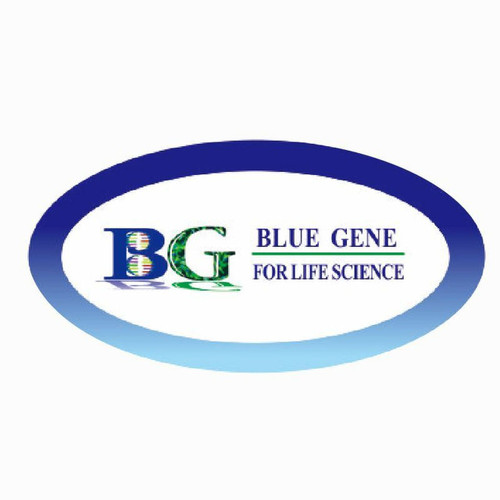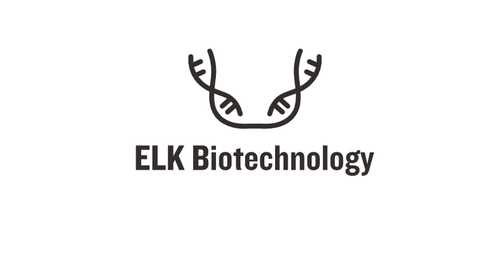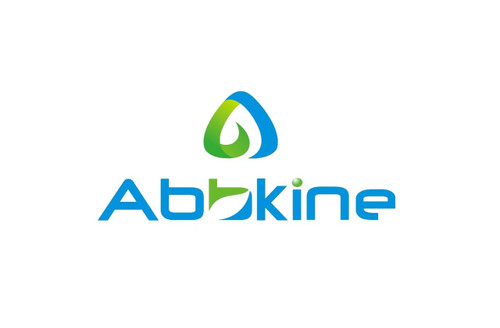Product Description
Human Abl interactor 1 (ABI1) ELISA Kit | AE23230HU | Abebio
Species Reactivity: Human (Homo sapiens)
Abbreviation: ABI1
Alternative Name: RP13-16H11.4; ABI-1; E3B1; NAP1BP; SSH3BP; SSH3BP1; Abelson interactor 1|Abl-interactor protein 1 long|eps8 binding protein|interactor protein AblBP4|nap1 binding protein|spectrin SH3 domain binding
Application: ELISA
Range: 0.156-10 ng/mL
Sensitivity: 0.055 ng/mL
Intra-Assay: ≤6.3%
Inter-Assay: ≤9.3%
Recovery: 1, 09
Sample Type: Serum, Plasma, Other biological fluids
Detection Method: Sandwich
Analysis Method : Quantitive
Test Principale: This assay employs a two-site sandwich ELISA to quantitate ABI1 in samples. An antibody specific for ABI1 has been pre-coated onto a microplate. Standards and samples are pipetted into the wells and anyABI1 present is bound by the immobilized antibody. After removing any unbound substances, a biotin-conjugated antibody specific for ABI1 is added to the wells. After washing, Streptavidin conjugated Horseradish Peroxidase (HRP) is added to the wells. Following a wash to remove any unbound avidin-enzyme reagent, a substrate solution is added to the wells and color develops in proportion to the amount of ABI1 bound in the initial step. The color development is stopped and the intensity of the color is measured.
Product Overview: ABI1 has been found to form a complex with EPS8 and SOS1, and is thought to be involved in the transduction of signals from Ras to Rac. In addition, the encoded protein may play a role in the regulation of EGF-induced Erk pathway activation as well as cytoskeletal reorganization and EGFR signaling. Abi1 is adoptor protein. It interacts with c-Abl and WAVE2 which is actin polymerization regulator. It is known that Abi1 enhances the phosphorylation of WAVE2 by c-Abl. The phosphorylation of c-Abl promotes actin polymerization.Furthermore, Abi1 is component of WAVE complex. Some research paper showed that knock down of Abi1 by si (short interffering) RNA promoted degradation of WAVE complex proteins.
Stability: The stability of ELISA kit is determined by the loss rate of activity. The loss rate of this kit is less than 5% within the expiration date under appropriate storage condition. The loss rate was determined by accelerated thermal degradation test. Keep the kit at 37°C for 4 and 7 days, and compare O.D.values of the kit kept at 37°C with that of at recommended temperature. (referring from China Biological Products Standard, which was calculated by the Arrhenius equation. For ELISA kit, 4 days storage at 37°C can be considered as 6 months at 2 - 8°C, which means 7 days at 37°C equaling 12 months at 2 - 8°C) .
 Euro
Euro
 USD
USD
 British Pound
British Pound
 NULL
NULL








